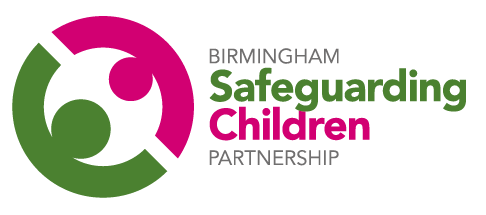Having those difficult conversations: The Importance of the Resolution and Escalation Protocol
When working with children occasionally situations may arise when workers from one agency feel that the actions, inaction, or decisions of another agency do not adequately safeguard or promote the welfare of a child. That’s why the Resolution and Escalation Protocol is so important; to ensure that these situations are quickly resolved in the best interests of the child.
Penny Thompson CBE, Independent Chair of the Birmingham Safeguarding Children Partnership, commented, “Good Multi-Agency Safeguarding arrangements are built on effective communication and dialogue between partners and front-line practitioners. Inevitably there will be times, particularly for children with complex needs when there will be healthy disagreement on proposed intervention that needs to be quickly discussed and resolved in the best interests of the child.”
The use of the Resolution and Escalation Protocol can lead to creative solutions in the way we work with children and families, but it’s essential to try and resolve disagreements as soon as possible. The safety and wellbeing of the child should always be the top priority, and professional differences should not hinder decision-making. As professionals working with children and families, it’s our duty to act assertively and proactively to ensure the child’s welfare is addressed as the primary concern in all professional activities.
The tragic murder of Victoria Climbié over 23 years ago, highlighted the importance of effective information sharing between front-line practitioners, supervisors, and managers from different organisations to quickly resolve concerns regarding the safeguarding of vulnerable children, this remains as crucial as ever. It is essential that everyone working with children not only understands the Resolution and Escalation Protocol but also knows where to get advice and support from their organisation in using the protocol.
Recent audits conducted by the Birmingham Safeguarding Children Partnership suggest that professionals may not always feel comfortable in escalating their concerns and feel there is a reluctance from some managers to liaise with partners to address these concerns. Managers should feel confident in utilising the Protocol and actively supporting the escalation process, even if initial attempts to address their concerns falter, as the Protocol is specifically designed to overcome these hurdles to quickly resolve professional disagreements and promote effective partnership working.
Penny Thompson added, “Senior Safeguarding Leaders want to create an environment where reporting concerns is encouraged and supported, to ensure the safety and well-being of the children in our care.”
Please take time to familiarise yourself with the Resolution and Escalation Protocol and your agency’s lead professional for guidance on safeguarding, escalation and resolution. The BSCP website has contact details of each agency’s Safeguarding Leads to support the use of the Protocol.

